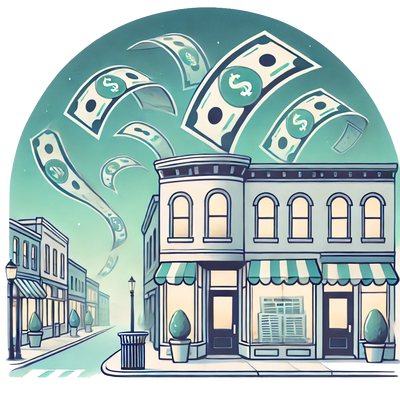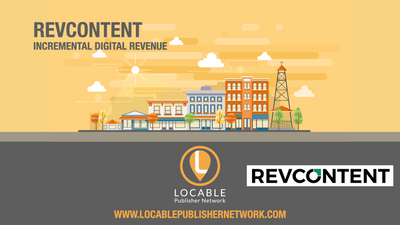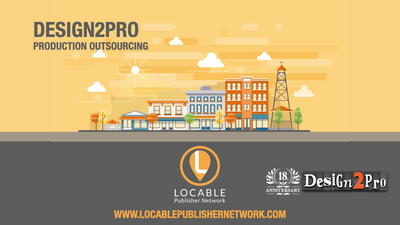Information Overload and Filter Failure Result in New Filters that Favor Large Businesses
- New Media Inevitably Favors Large Businesses
Years ago I heard it said that the problem we face today isn't information overload but rather "filter failure." In all aspects of our life we have filters to help us identify and respond to the important things awhile quickly moving past the insignificant.
On the web this has been true and growing for years but now we're seeing some interesting side effects.
The internet has democratized nearly every industry turning everyone into publishers with blogs, social media and the like but the problem is that not all content - or content creators - are created equal. As a result, there is far more noise on the internet and thus Google has become one of the most profitable companies on the planet by first finding and later filtering this information onslaught.
The more things change the more they stay the same
While new technologies or platforms start with more level playing fields as they mature the filters that emerge seem to inevitably become similar to those that have been present in all preceding forms of media and favor large businesses and organizations with the resources to generate great content or pay-to-play.
Sure, early on Facebook or Twitter a small business could get tremendous reach nearly as easily as a large brand - if you disregard the sophistication and time disparity or the whole ad agency component - but over time large brands benefit from their credibility, recognizability and so forth.
We previous referenced Facebook's changes which relegate a Facebook Page to a beauty pageant unless you're willing to pay to promote posts. Well, who can most afford to promote posts? The same large businesses that have massive advertising budgets in general. Sure, small businesses have a channel to spend $10 here and $20 there to push a message out but the reach and impact of a given post is pretty limited.
It's an unfair reality but is there an alternative?
Whenever a free medium emerges to promote yourself people take advantage of it. Some do so in legitimate and effective ways while others are spammy. As the medium gains popularity there's a point where too much content is being created - both quality and garbage - at which point the filters must take hold. The problem is, human filters are expensive and inconsistent while computers lack flexibility and so the baby goes out with the bathwater. And, of course, eventually the creator of the medium needs to earn some money so new layers emerge.
To combat that, these revenue layers act as a nice proxy. After all, who would pay to promote a spammy garbage post? It's not perfect but it does eliminate most truly bad content so the filter stays.
What's the bottom line?
Local businesses can and should continue to capitalize on free promotional opportunities whenever they emerge but free usually also means "time consuming" so a keen eye should be used to balance out that equation. It's important to realize that nothing stays entirely free forever and avoid investing too heavily in free-lunches. At the same time, media companies need to realize these ebbs and flows exist and that they can help businesses navigate this minefield while also providing tried-and-true solutions because new media rarely if ever kills the old - things just evolve.
Better yet, as a publisher why not play the game? Create free opportunities for businesses to participate with your brand and provide upgrade opportunities for businesses to gain added benefits. When you couple this emerging media tactic with your established brand you're able to profit as things change and add a layer of ongoing relevance with new revenue opportunities.




